Dr Thomas Hoerr
Scholar in Residence
University of Missouri-St. Louis
Dr. Thomas Hoerr led schools for 37 years and is currently a Scholar In Residence at the University of Missouri-St. Louis, where he teaches in the educational leadership program. Hoerr has presented at conferences around the world on leadership, multiple intelligences, faculty collegiality, instructional leadership, grit, SEL, and the Formative Five success skills.
Hoerr’s newest book is The Principal As Chief Empathy Officer: Creating a culture where everyone grows. His previous books were Taking Social Emotional Learning Schoolwide; The Formative Five; Fostering Grit; The Art of School Leadership; Becoming a Multiple Intelligences School; and School Leadership for the Future. He has written more than 185 articles, including his “Principal Connection” column in Educational Leadership 2004-2018 and an ASCD leadership blog from 2021-2023.
He holds a Ph.D. from Washington University in St. Louis and has received honorary doctorates from two universities. Hoerr founded and directed the Non-Profit Management Program at Washington University, led the ISACS New Heads Network, and is the Emeritus Head of the New City School.

Keynote
Topic: Empowering Minds with AI and Multiple Intelligences
In just a few years, Artificial Intelligence (AI) has evolved from a novel idea to an essential presence woven into every aspect of our daily lives—including the way we teach and learn. As educators, our challenge is to ensure that technology enhances, rather than narrows, the potential of every learner. The science of learning underscores the importance of recognizing and nurturing each student’s full range of strengths, as described in Howard Gardner’s theory of Multiple Intelligences: not just linguistic and logical-mathematical, but also spatial, bodily-kinesthetic, musical, interpersonal, intrapersonal, and naturalistic talents.
While AI can personalize learning and open new horizons, true educational excellence lies in combining technological innovation with holistic development. Foundational skills like reading, writing, and numeracy remain vital, but the future will demand that students master social-emotional “success skills”—empathy, curiosity, respect, and grit—across all domains of intelligence. Only by integrating artificial intelligence with deep insights from learning sciences and multiple intelligences can we foster resilient, adaptable learners ready for an ever-changing world. This keynote address explores this imperative: connecting technology, diverse intelligences, and human character to empower the next generation.
